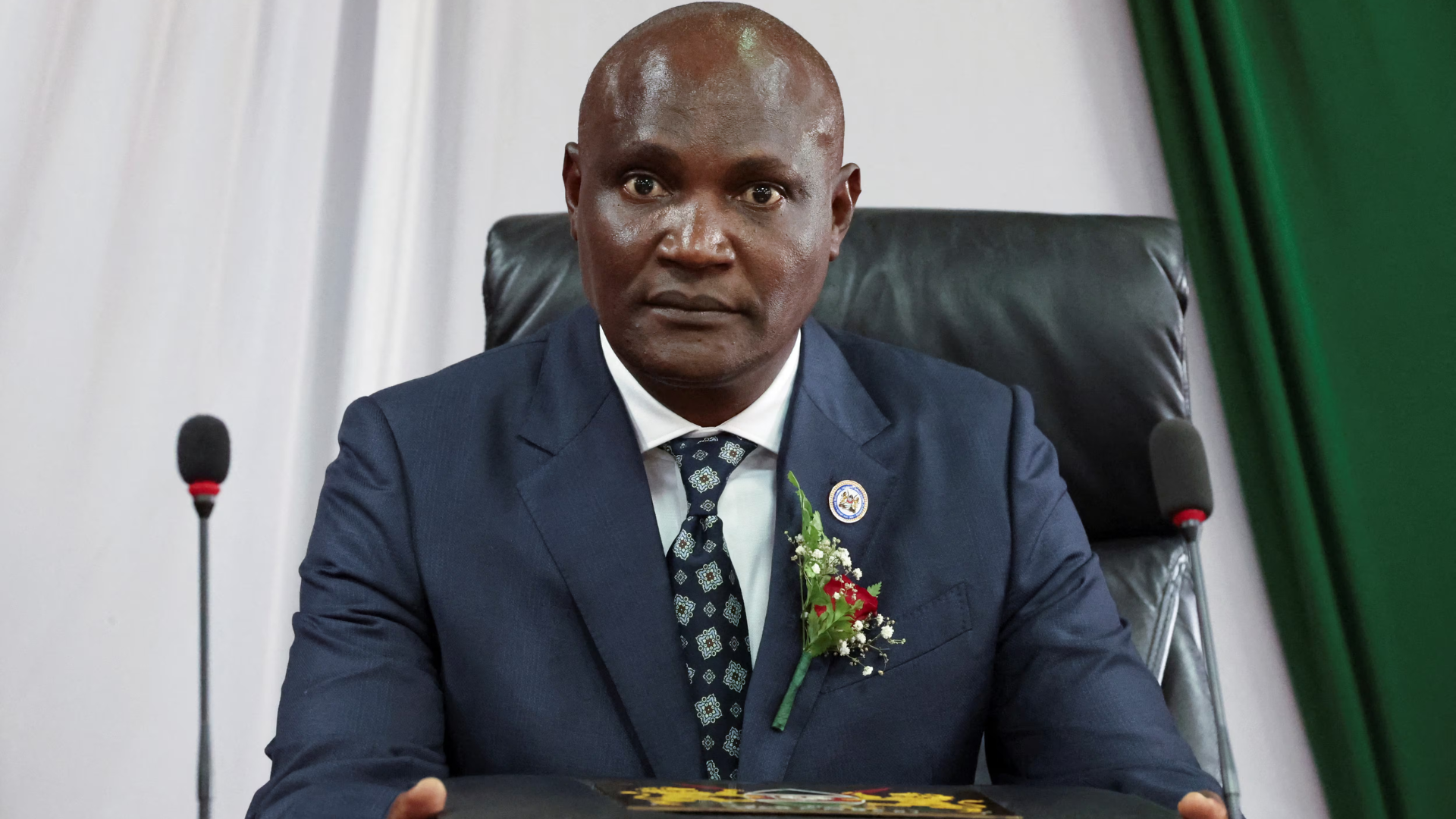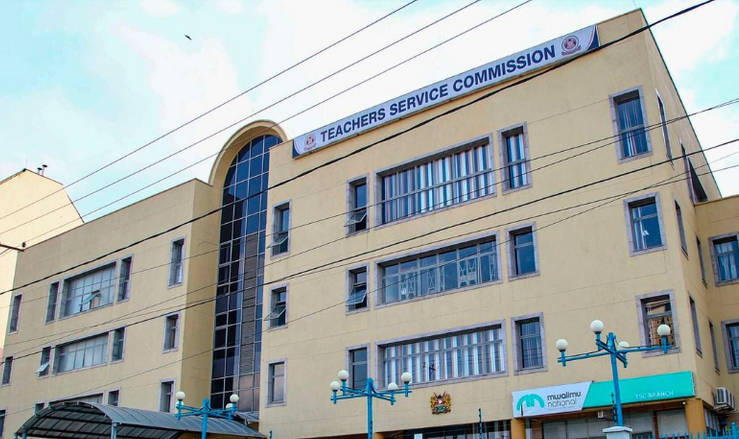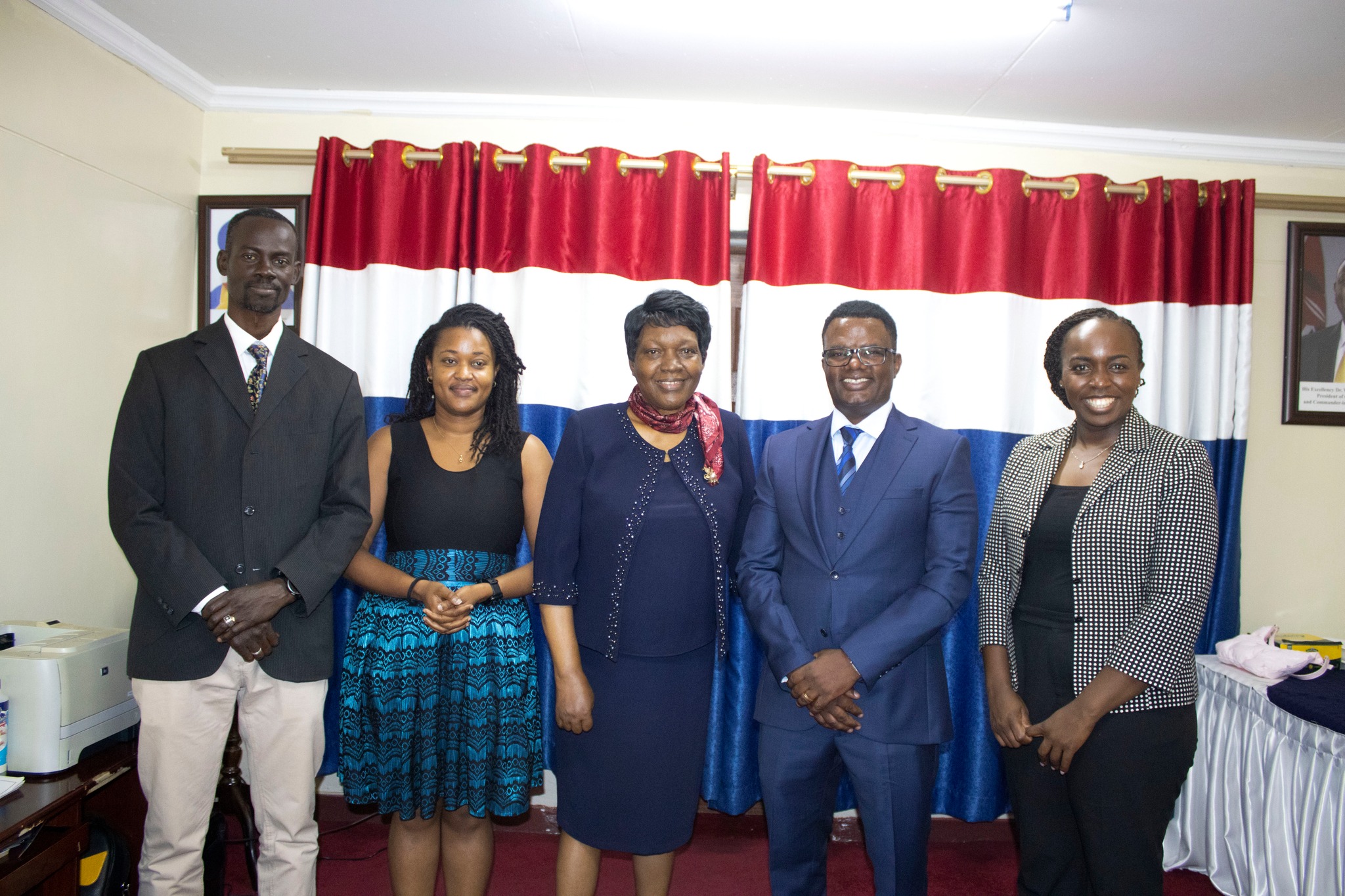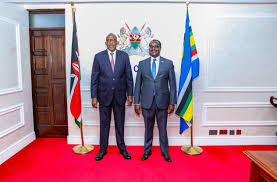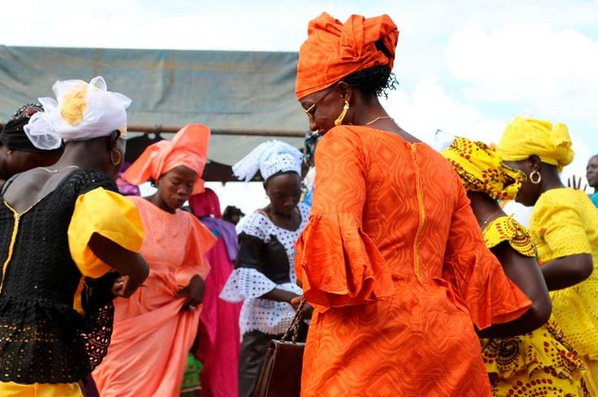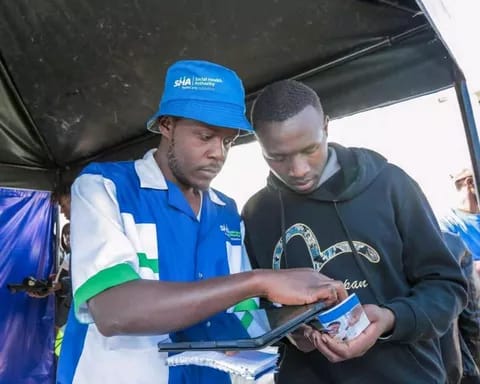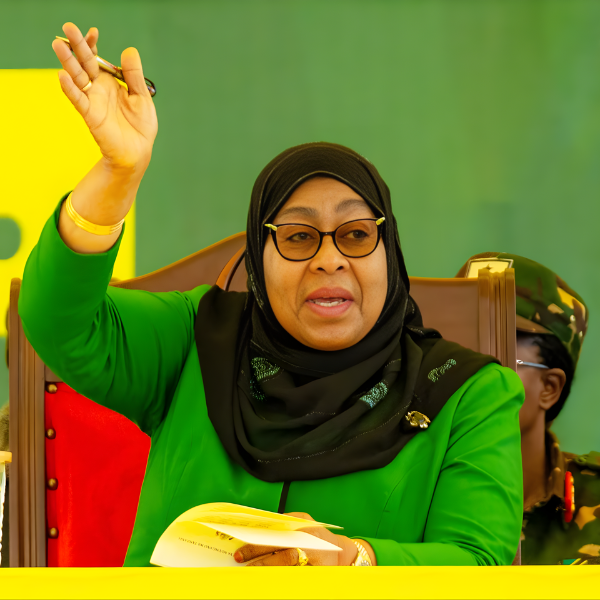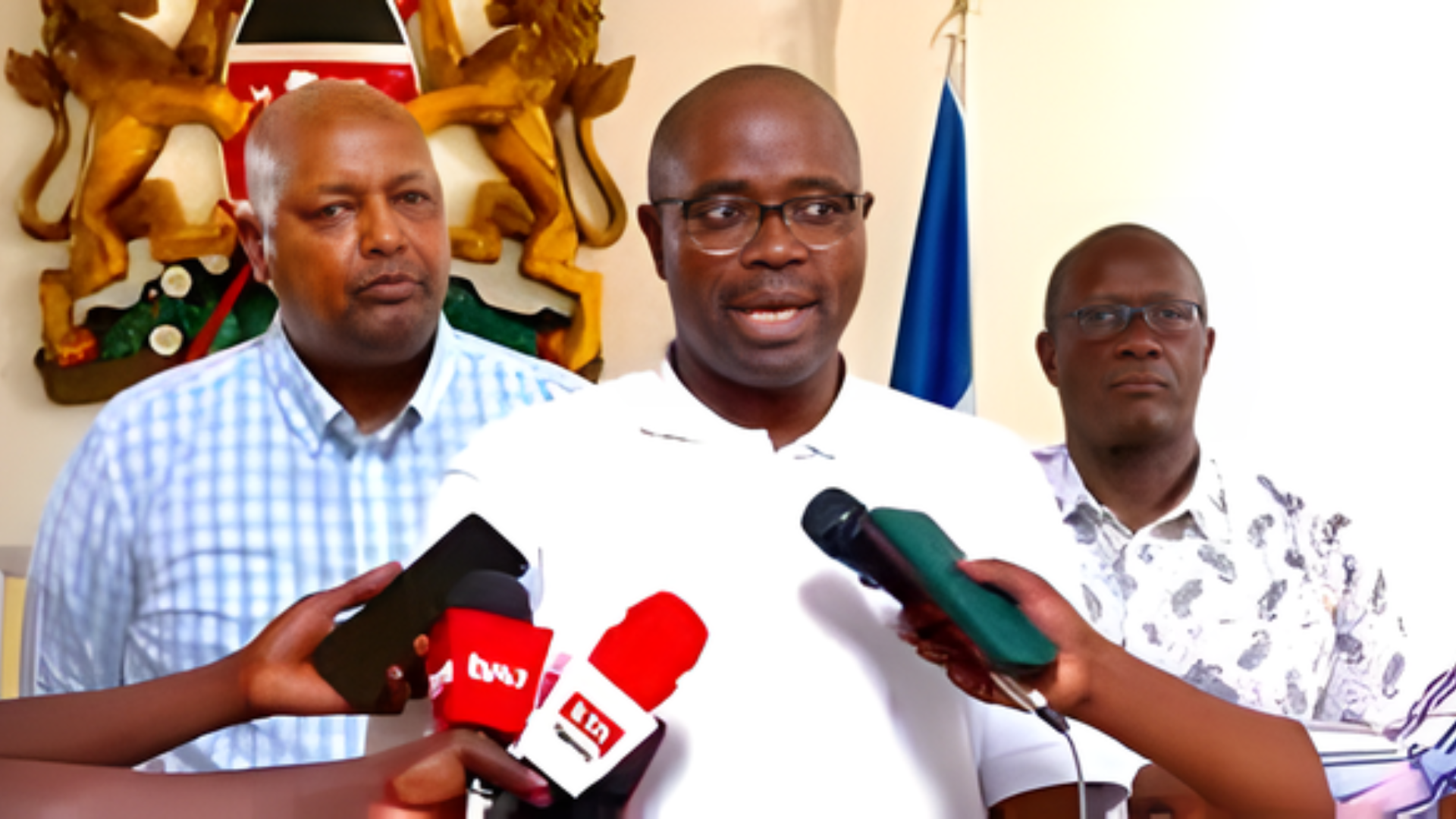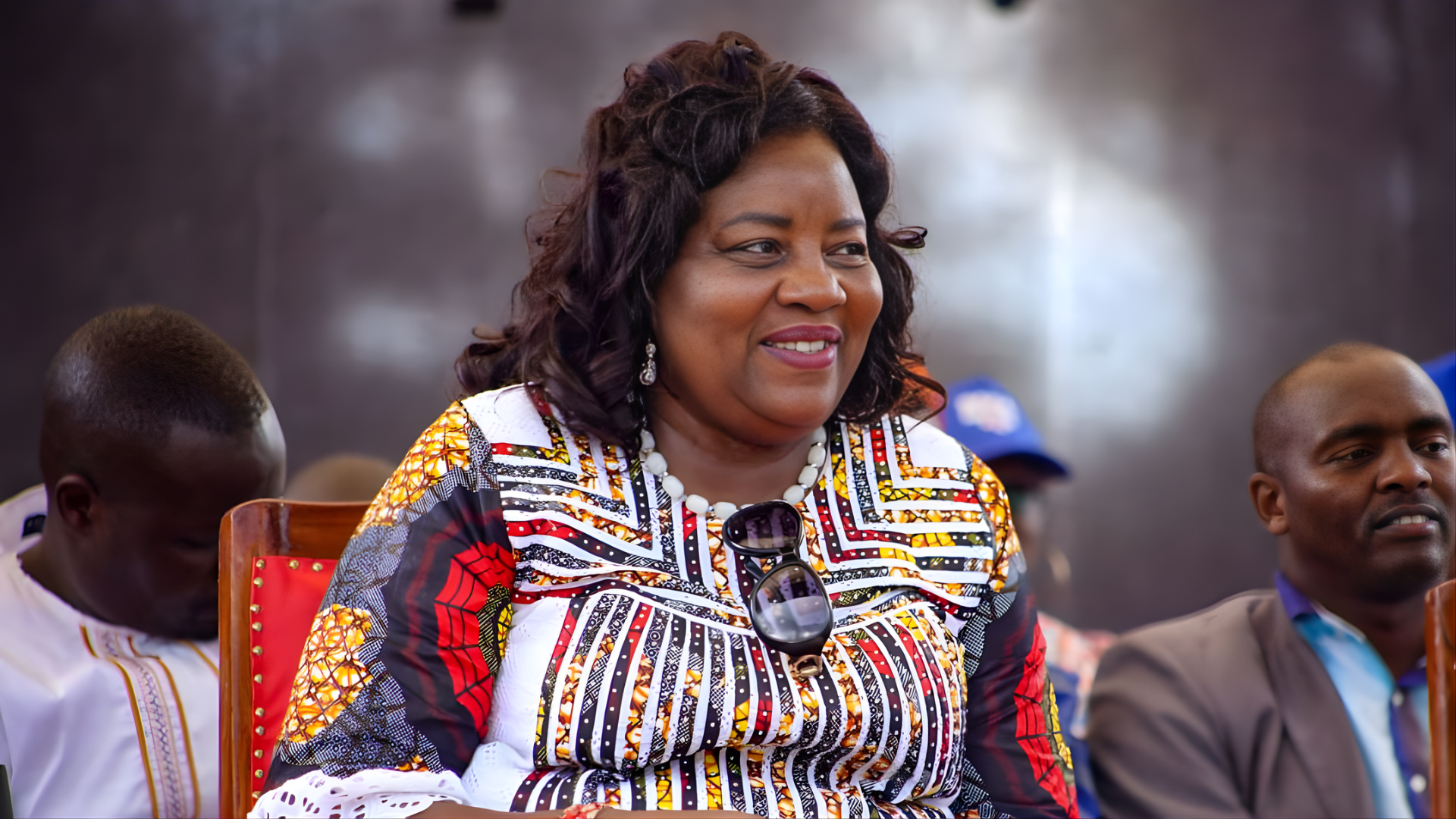The arid expanse of Dodoma's military grounds, ringed by acacia trees and the distant silhouette of the Central Railway Station, stood sentinel under a relentless November sun on Monday, November 3, 2025, as Tanzania's political machinery churned toward an inevitable yet fraught culmination. Barricades of sandbags and razor wire cordoned off the site, where a modest dais draped in the green, black, yellow, and blue of the national flag awaited the figure who would, for the second time, pledge fidelity to the republic. No throngs of jubilant citizens filled the stands, no brass bands heralded the moment with fanfare—only a cadre of dignitaries, uniformed officers, and a smattering of journalists clutching credentials, their numbers dwarfed by the security detail that outnumbered them three to one. It was here, in this austere theater of power, that President-elect Samia Suluhu Hassan, the 65-year-old incumbent whose landslide victory in the October 29 elections had ignited a firestorm of unrest, was set to be sworn in, her mandate a towering 98 percent that critics branded not a triumph but a travesty.
The ceremony, commencing at precisely 10 a.m. under a sky unmarred by the monsoon clouds that had battered the coast, unfolded with the precision of a military drill. Chief Justice Ibrahim Juma, his robes billowing in the hot breeze, administered the oath as Hassan, clad in a tailored black kitenge embroidered with subtle CCM motifs, raised her right hand and recited the words that would bind her to another five years at the helm. "I, Samia Suluhu Hassan, do swear that I will faithfully and impartially execute my duties as President of the United Republic of Tanzania, upholding the Constitution and serving the people with integrity," she intoned, her voice steady and resonant over the public address system, broadcast live to a nation still grappling with throttled internet and curfews in its major cities. A cannon salute boomed 21 times, echoes rolling across the savanna like thunder from a suppressed storm, while a phalanx of troops in crisp khaki presented arms, their rifles glinting in unison. Vice President Emmanuel Nchimbi, the former intelligence chief whose steely gaze had become synonymous with the administration's security apparatus, stood rigidly at her side, his nod a silent affirmation of continuity.
Hassan's path to this podium had been paved with the unyielding asphalt of Chama Cha Mapinduzi's six-decade dominance, yet scarred by the fissures of a contest that unraveled into Tanzania's most volatile electoral chapter since the 2015 Zanzibar annulment. Declared the victor on October 31 by the Independent National Electoral Commission with 31,913,866 votes—98 percent of the 32.6 million cast—her tally dwarfed that of her nearest rival, Paul Chaumu of the fringe National Convention for Construction and Reform-Maguezi, who scraped 0.65 percent. The figure, announced amid flickering power in INEC's Dar es Salaam headquarters, elicited cheers from CCM faithful in rural strongholds like Mbeya and Iringa, where farmers credited her with fertilizer subsidies that had swelled maize yields by 22 percent. Yet, in urban enclaves from Dar es Salaam to Arusha, it sparked fury: opposition leaders decried a "coronation in chains," their claims amplified by smuggled videos of ballot stuffing and voter intimidation that pierced the government's digital blackout.
The exclusion of heavyweights had set the stage for this denouement. Tundu Lissu, the firebrand Chadema chairman whose 2017 assassination attempt—18 bullets riddling his body—had forged him into a symbol of defiance, languished in Ukonga Prison on treason charges since April, his calls for electoral reforms twisted into sedition by a judiciary stacked with CCM appointees. "This is not democracy; it's a death sentence for dissent," Lissu had thundered from the dock in May, his words captured on a contraband phone and disseminated via encrypted channels to a diaspora seething in exile. Luhaga Mpina, ACT-Wazalendo's charismatic diplomat whose coalition had peeled 20 percent in 2020, suffered a similar fate: disqualified in September over "procedural lapses" in primaries, his appeals dismissed by a appeals tribunal that observers likened to a rubber stamp. With these titans sidelined, the ballot devolved into a procession of 16 also-rans, their campaigns confined to whisper networks and FM static, yielding a voter turnout of 72 percent laced with allegations of coerced ballots in CCM bastions.
Protests erupted like fissures in parched earth on election night, October 29, as ink-stained fingers met tear gas canisters in Dar es Salaam's Kariakoo Market. Youth in hoodies and bandanas hurled stones at riot shields, their chants of "Haki yetu!"—our rights—drowned by the crack of rubber bullets and the acrid haze of burning tires. By dawn on October 30, the toll mounted: Chadema reported over 200 dead nationwide, a figure the UN Human Rights Office corroborated with "credible accounts" of at least 10 fatalities in three cities, including a 17-year-old student gunned down in Arusha's market square. The government, through Interior Minister Nchimbi, countered with a curt denial: "No excessive force; only proportionate response to anarchy," he stated in a midnight address, his face stern against the glow of state television. Internet throttles, imposed under a "national security" veil, severed social media for 72 hours, forcing activists to relay horrors via ham radios and smuggled SIMs from Uganda. Curfews clamped Dar es Salaam at 6 p.m., schools shuttered, and civil servants confined to barracks, transforming the port city's labyrinthine streets into ghost towns patrolled by armored vehicles.
Hassan's first term, commencing in 2021 upon John Pombe Magufuli's abrupt cardiac demise, had dawned with whispers of reform—a Zanzibari native's soft touch supplanting her predecessor's iron fist. She dismantled COVID denialism, vaccinating 12 million in her inaugural year; courted foreign capital, luring $3.8 billion in FDI for Rovuma gas fields; and pardoned 5,000 inmates, earning the moniker "Mama Samia" from admirers who saw in her a bridge to Nyerere's ujamaa ethos. GDP hummed at 5.9 percent, inflation tamed to 4.1 percent, and the Julius Nyerere Hydropower Dam's foundations deepened, promising 2,115 megawatts to light 20 million homes by 2028. "We inherited a paused nation; we've pressed play," Hassan had rallied in Mwanza on October 28, her closing pitch to clove farmers and lake traders, her hijab framing a smile that masked the gathering storm. Yet, cracks widened: media suspensions for "seditious" coverage, abductions tallying 200 since 2019 per UN logs, and a judiciary that quashed opposition bids with procedural sleight-of-hand.
The inauguration, shorn of public gaze, mirrored this guarded ethos—a deliberate pivot from Magufuli's mass spectacles to a rite insulated from the streets' simmering rage. Absent the multitudes that swelled Uhuru Stadium in 2021, the guest list brimmed with regional potentates: Zambian President Hakainde Hichilema, jetting in from Lusaka with a delegation of ministers, his presence a nod to SADC solidarity despite domestic murmurs from opposition Alliance for Democracy leader Elias Chipimo, who branded the trip "endorsing a blood-soaked farce." Zimbabwe's Emmerson Mnangagwa dispatched a envoy with a missive hailing Hassan's "visionary stewardship," while Uganda's Yoweri Museveni, ever the elder statesman, wired congratulations laced with fraternal overtures on border trade. East African Community chief Peter Mathuki, representing bloc unity, lauded the "peaceful transition," though privately, diplomats whispered of SADC's tepid observer report flagging "institutional biases" and obstructed monitors.
Hassan, emerging from the dais to inspect a honor guard, paused before the phalanx, her gaze sweeping the ranks with a mix of resolve and weariness. "This oath is not mine alone; it is the people's covenant with progress," she declared, her words amplified for the state feed, a subtle rebuke to the shadows of protest. "We've built roads threading villages to markets, schools kindling young minds, and ports welcoming the world's commerce. In this term, we electrify the forgotten corners, green our farmlands against the droughts, and weave our youth into the fabric of tomorrow." Nchimbi, ascending as her deputy, echoed the theme in a terse address: "Security is the soil of stability; we till it with vigilance, not vengeance." The ceremony concluded with a flyover of Sukhoi jets streaking the sky in national colors, a martial flourish that underscored the administration's unyielding posture.
Beyond the wire, Tanzania simmered. In Dar es Salaam's Kariakoo, where barricades still scarred the avenues, youth like 24-year-old activist Zara Mwamba huddled in safe houses, their faces gaunt from tear gas residue and meager rations. "Ninety-eight percent? That's the math of fear, not faith," Mwamba confided to a smuggled recorder, her voice a thread in the underground tapestry of dissent. Chadema's Freeman Mbowe, coordinating from a Nairobi bolthole, vowed judicial salvos at the African Court in Arusha: "We concede no ground; this inauguration is ink on a stolen page." ACT-Wazalendo remnants, scattered post-Mpina's barring, funneled grief into local council bids, their 15 percent haul in Tanga a flicker of defiance amid CCM's parliamentary sweep.
Internationally, the event drew a mosaic of caution. UN Secretary-General Antonio Guterres, in a Geneva dispatch, urged "de-escalation and dialogue," his concern for "deaths and injuries in demonstrations" a velvet glove over diplomatic steel. The EU Parliament's delegation, denied full access pre-poll, reiterated: "Neither free nor fair," their report citing obstructed observers and inflated turnouts exceeding 95 percent in rural wards. Washington, balancing $400 million in aid with phosphate interests, tempered praise with probes into human rights riders. African Union chair Moussa Faki Mahamat, a CCM ally, telegraphed felicitations, but whispers from Addis corridors hinted at quiet pressure for amnesties.
Hassan's blueprint for term two, unveiled in snippets during the oath, sketched bold strokes: a Digital Economy Act to digitize 80 percent of services by 2028, anti-corruption edicts empowering whistleblowers with 10 percent bounties, and a Youth Innovation Fund seeding 50,000 startups in fintech and agritech. "To those who chose otherwise, your voices resonate in our resolve to serve all," she pledged, a conciliatory olive branch amid the iron of curfews. Yet, skeptics like economist Elias Kileo, exiled in Johannesburg, parsed the rhetoric: "Reforms dangle like mirages; without Lissu's release, it's governance by grenade." In Zanzibar, where CCM's Hussein Mwinyi clinched 74.8 percent in parallel polls, separatist murmurs swelled, the archipelago's clove-scented souks abuzz with unionist unrest.
As the cannon's echoes faded, Hassan retreated to Chamwino State House, her motorcade snaking through Dodoma's sun-bleached boulevards under fighter jet escort. Nchimbi, briefing security chiefs, mapped de-escalation: phased curfew lifts, 200 minor arrestees amnestied, dialogue forums in 10 hotspots. In rural Mbinga, tea pluckers like 45-year-old Fatuma Hassan tuned state radio to victory hymns, her yields up 18 percent on subsidized inputs. "She delivered scales for our baskets; votes are harvest gratitude," Fatuma said, bundling leaves under a baobab's shade. In Kinondoni, barista Salim Ally scrolled opposition feeds on a borrowed device, his tip jar lean from tourist flight. "Ninety-eight feels like zero truth; when does the reckoning dawn?"
This swearing-in, a solitary sacrament amid national fracture, encapsulates Tanzania's paradox: a republic of 67 million, 60 percent under 25, yearning for Nyerere's equity in globalization's gale. Hassan's 98 percent, laurel and albatross, propels toward milestones—universal secondary by 2030, $100 billion economy by decade's end—but yawns over fissures: 13 percent youth joblessness fueling hip-hop revolt, women's parliamentary share stagnant at 37 percent despite her milestone. As bonfires gutter in Dar's fringes and choirs swell in Dodoma's mosques, Tanzania exhales into ambiguity. The oath is sworn, but the true covenant—for hearts unbound—pulses onward, a quiet cadence beneath the jets' roar, charting toward uncharted dawns.
The post-ceremony choreography hinted at olive branches: Hassan hosted Hichilema for bilateral talks on power pooling, their joint communique pledging $500 million in Zambian rail investments. Mnangagwa's envoy, bearing Harare's warmth, floated agricultural pacts for maize swaps. Yet, Lissu's shadow loomed—his December trial resumption a litmus for sincerity. Kileo's models graphed volatility: falter on reforms, and the 0.65 percent swells to swells. Opposition coalesces: Chadema-ACT pacts for 2027 locals, diaspora $2 billion remittances to shadow audits. Mwamba, in her safe house, mentors youth on civic calculus: "Add the silenced; subtract the fear—what's the real sum?"
In this tableau of triumph and tremor, Tanzania navigates CCM's seventh decade. Hassan's presidency, bookended by Magufuli's zeal and her finesse, assays resilience. As dhows cleave dawn off Bagamoyo, ferrying cashews to distant docks, the nation muses: is 98 percent accord or artifice? The ballots repose, but belonging's ballots—cast in strivings daily—linger open, verdict penned in time's deliberate script.
